Communication over Party Loyalty
The personality trait-based separation between conservative and liberal, recently describing republican and democrat views, is well documented in psychological literature. You can find an eloquent abstract on economist.com.
The detail cites two of the Big Five Personality Traits, Openness and Orderliness (a sub-trait of Consciousness). Openness tends to categorize imagination, attentiveness to inner feelings, preference for variety, and intellectual curiosity. In contrast, Orderliness inclines toward keeping things tidy, in order, clearly delineated and structured. An open person clings toward creativity and inclusivity. Venturing out beyond the structured with the aim of discovery is exciting and inviting; think Entrepreneurs. A person who ranks high in Orderliness understands the strength and stability of structure. They see a future in the ability to anticipate and prepare; think Corporate CEO.
Leanings
Introducing bias makes it easy to see a leaning. People who rank high in Openness find themselves aligning with other people who are open and attuned to discovery. Likewise, people who rank high in Orderliness find comfort in the familiarity of a tendency toward structure. But bias is personal and not grounded in measurements of the outcome. The two are equally important and equally powerful in every sense. Without entrepreneurs, there would be no businesses, and without structure, those businesses would fail. Further, without the structure to allow time for creativity, there would be no new businesses, and without the innovation of new ideas, corporations would stagnate and fall away.
To Political leanings
The cited article, a digested amalgam of decades of psychological research and literature, details the leaning of political alignments. A person who ranks high in Openness and low in Orderliness leans left (historically liberal and modernly democrat). As a mirror opposite, a person who rates low in Openness and high in Orderliness leans right (historically conservative and modernly republican). Another important fact is the split among personalities. The population is split evenly along these lines. As such, it's easy to understand the establishment of a two-party system as half the population will almost certainly lean right while the other half will almost certainly lean left.
Here's the pinch
Like entrepreneurs and corporations, just like left and right, just like one half the population and the other half, there is no right and wrong; no good or bad. These forces are equal and complementary in every way. There is not one that is better or worse. Without the inclusivity and creativity of the left, there would tyranical totaliarisim and a loss of rights in favor of structure. And without the structure of the right, the chaotic loss of individuality ensues to endeavor for equality without regard to personal sovereignty.
The left is not solely good nor solely bad. And the right is not only good or solely bad. The two characters are equal, complimentaty, and necessary for the strcutrue of our society to survive and exist. I didn't say thrive! We're not thriving. This is simply for existence.
So how do we decide?
With that knowledge, we see aligning ourselves with a side is simply an act of familiarity the same way a person prefers the food from their childhood, the music from their teenage years, or conversing in their native language. So what do you make of this?
It's easy. Politics doesn't matter. Always picking one side will end up with a disaster, right or left. The aim must be communication. The two sides must engage in constant, difficult, painful, frustrating, rage-inducing dialogue. Without dialogue, one will "win," and history has shown the end of both extremes.
So to the point: How should you vote?
No one can tell you how to vote. It's your right and responsibility to make up your mind for yourself.
I'm going to vote for the candidate I believe has the best chances of fostering communication between the sides.
I wouldn't say I like many things about Mr. Biden, but I don't believe I have a choice.
